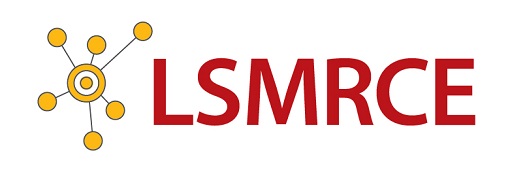LUNCHEON KEYNOTE
Saturday, October 26, 12:30p, Plaza Ballroom
Classrooms to Careers:
Leveraging mentorship and opportunity to help students succeed
Jessica Esquivel, PhD
Postdoctoral Research Associate,
Muon g-2 ProjectFermilab
Dr. Jessica Esquivel is a Postdoctoral Research Associate at Fermi National Accelerator Laboratory.
Fermilab explores the universe at the smallest and largest scales in order to study the fundamental particles and forces that govern the universe.
Currently, Dr. Esquivel is working on the Muon g-2 experiment studying the electron’s heavier sibling, the muon.
She is one of fewer than ~150 black women with a PhD in Physics in the United States. She is the 2nd black woman to graduate with a PhD in Physics from Syracuse University.
In this presentation, Dr. Esquivel will discuss her trials and tribulations towards achieving her PhD, attaining a position at Fermilab, and the importance of making STEM accessible for under-represented minorities.
She will draw parallels between a subatomic particle's path towards discovery and her path being a Black, LatinX, Lesbian, Woman in a white male dominated field.
Biography
Dr. Jessica Esquivel is a Postdoctoral Research Associate at Fermi National Accelerator Laboratory working on the Muon g-2 Experiment.
She is one of ~150 black women with a PhD in physics in the country and the 2nd black woman to graduate with a PhD in physics from Syracuse University and has experience navigating spaces where she is "the first" or "the only".
Her graduate research focused on studying ghostly particles called neutrinos interacting in the MicroBooNE Experiment using innovative machine learning techniques like those used in facial recognition software.
She received her bachelors in Electrical Engineering and Applied Physics from St. Mary's University in San Antonio, TX.
She identifies as female, black, afrolatinx, lesbian, a physicist, and texan.
Dr. Esquivel is an advocate for increasing diversity in physics and focuses on the intersections of race, gender and sexuality in her outreach efforts.
She has been recognized by The Fermilab Friends for Science Education Organization for the exceptional contributions she's made to Fermilab's K-12 education and outreach programs, was featured in Adler Planetarium’s Chicago Black Women in STEAM series
(https://www.adlerplanetarium.org/blog/chicagos-black-women-in-steam-series-meet-jessica/),
and was interviewed by Lean In: Women of Color for Black Women's Equal Pay Day discussing the gender wage gap for black women
(https://www.blackwomensequalpay.org/)
Her most recent accomplishment is organizing the participation and sponsorship of Fermilab at Wakandacon, a 3-day afro-futuristic convention that strives to create a safe space for the black community to explore their interests from comic culture to STEM
(https://news.fnal.gov/2019/08/fermilab-promotes-science-and-diversity-at-wakandacon-in-chicago/)
Learn More!
To learn more about Dr. Esquivel, please visit her website at
https://jessicaesquivelphd.com/ or connect with her on social media!
Social Media

